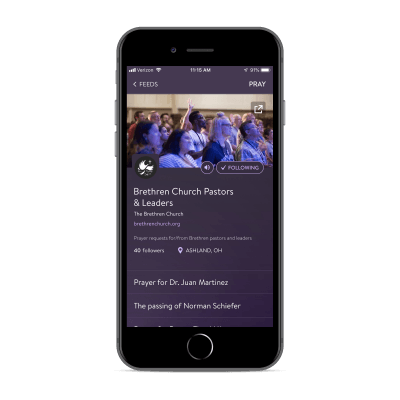By Laura Waldron, Chyann Mackey
•
February 19, 2025
The first annual Camp Kairos Winter Camp, held at Potomac Park in Falling Waters, WV, from January 17th to 19th, was a resounding success. Attendance exceeded expectations, with over 120 attendees in 3rd through 12th grades representing six different churches (Compass, The Gathering, Oak Hill, St. James, Liberty, and Mt. Olive). New friends were made, old friends reconnected, and everyone looked forward to a wonderful weekend together. Camp Kairos’s theme was "ONE," based on Philippians 1:27, how we are one mind, body, and spirit in Christ. This theme was the thread that tied the weekend's activities and worship services together. Amanda Carriere and Brandon Hartle (both of St. James) shared messages with the campers, and Lee Reams (Compass) and the Compass Youth Praise band led the camp in worship. Afterward, our elementary campers would dig deeper into the message with a Bible video and discussion. Campers were divided into small groups for hands-on activities and games that reinforced the Bible lessons. The weekend was jam-packed with fun and fellowship. Camp kicked off with a pizza party, worship, and brownie sundaes. The weekend was filled with fun activities including a marshmallow snowball fight, snow globe craft, gingerbread contest, snowman building contest, and an ultimate small group competition. Other favorites from the weekend included tubing down Slippery Slopes, playing basketball and soccer in the indoor gym, enjoying ice cream at PERKS Coffee Shop, a campfire with smores, and a glow dance party. Meals were great and special accommodations were made by the Potomac Parks chef for those with allergies. Chyann Mackey and Laura Waldron, both of Mt. Olive, organized the camp and served as its Co-Directors. They led a small army of volunteers who made the Southeast Region’s winter camp possible. They included Morgan Sterling (The Gathering), Avery Zimmerman, Nancy Zimmerman, Marty Dearing, and Lucy Johnson (all of Mt Olive); Drew Fox, Ronnie Helton, Kelly Helton, Kim Butner, and Tricia Haynes (all from Oak Hill). A big, big THANK YOU to all of the folks who made Camp Kairos 2025 a huge success! It was an amazing weekend, and we are excited and expectant to see the Lord move in huge ways as we continue planning summer camp. Thank you for all of your prayers and support! Chyann Mackey and Laura Waldron








